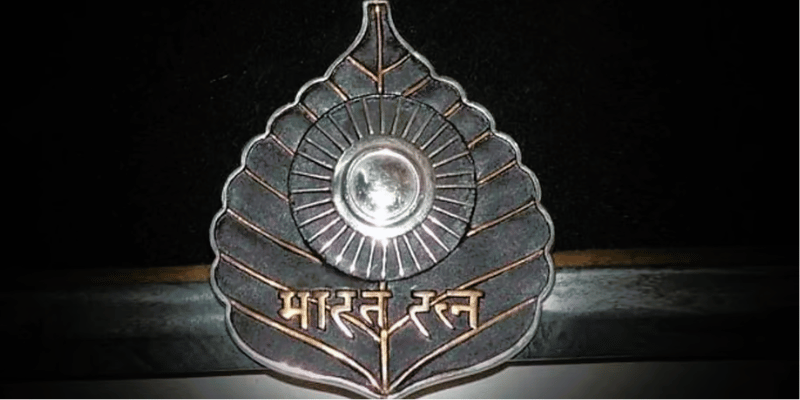An Alliance, a Legacy & Elections: The Politics Behind Bharat Ratnas
India, a country with a rich cultural heritage and a complex political landscape, has often celebrated its distinguished citizens through its highest civilian award—the Bharat Ratna. Yet, behind the glittering medals and the ceremonial handshakes, the decisions to honor these individuals are influenced by various political factors, including alliances, legacies, and election strategies. In this blog post, we delve into the nuanced politicking that often accompanies the conferment of the Bharat Ratna, providing a deeper understanding of how these prestigious awards intersect with political interests.
Understanding the Bharat Ratna
The Bharat Ratna is not just an award; it is a recognition that carries immense national pride. Instituted in 1954, it is bestowed upon individuals for their exceptional service towards the advancement of Art, Literature and Science, and in recognition of public service of the highest order. The selection process, however, is not set in stone and is influenced by the current government, which makes it a subject of political discourse.
Political Alliances and Recognition
At various times in India’s history, the awarding of the Bharat Ratna has reflected the political alliances in play. Whether it’s to cement a coalition or to acknowledge the contribution of leaders from allied political factions, the Bharat Ratna often plays a role in the complex political chess game. When a particular political party comes to power, it’s not uncommon to see figures aligned with or ideologically similar to the ruling party receiving the award.
Legacy-building Through Honors
Every government wishes to leave behind a legacy, and what better way to do this than by recognizing the icons of the nation who might share the ruling party’s values or ideologies? By awarding the Bharat Ratna to such individuals, governments attempt to align themselves with the legacies of these towering figures, thereby reinforcing their own narratives and place in history. This legacy-building is a way to exalt the ideals the current government wishes to project.
Electoral Influence and Timing
The timing of the Bharat Ratna awards can sometimes coincide with approaching elections, sparking debates about the motivations behind the selections. On occasion, the awardees appear to be chosen with an eye on the electorate, targeting a particular community, region, or sentiment. The conferment of the Bharat Ratna may thus be used to garner support or placate a section of voters, adding another layer to the political strategy of the ruling party.
Controversies and Criticism
No examination of the politics behind the Bharat Ratna would be complete without acknowledging the controversies that sometimes erupt. There have been instances when the selection of certain individuals has been met with public outcry, or when the omission of certain deserving personalities has led to criticism of partiality and opaque decision-making. Such controversies often reflect the contentious nature of balancing political interests with the objective recognition of merit.
The Road Ahead
The Bharat Ratna, as a symbol of national pride, should ideally stand above the fray of political machinations. As India progresses and matures as a democracy, the hope remains for a more transparent and equitable process in selecting awardees. The recognition should emphasize the contributions of individuals to the nation, free from political leanings or calculations, upholding the true spirit of honor that the Bharat Ratna embodies.
In conclusion, the politics behind the Bharat Ratna awards sheds light on how even the most prestigious recognitions are not insulated from the strategic plays of political parties. As citizens, it behooves us to remain aware and perhaps advocate for systems that uphold the integrity and impartiality of national honors. Only then can these acknowledgments truly resonate with their intended purpose—to honor the extraordinary contributions of individuals to the Indian republic.
